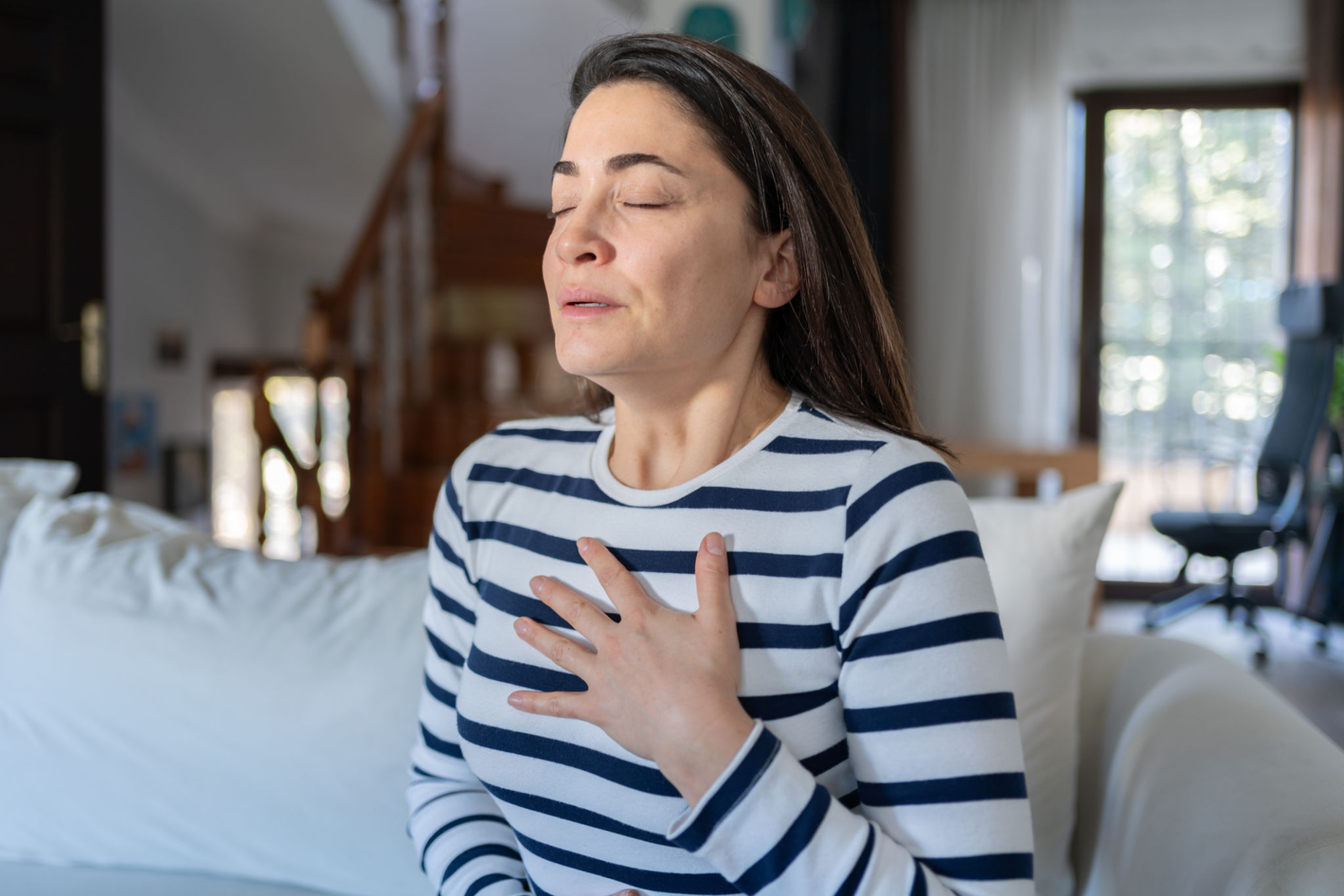Managing Persistent Post-Concussion Symptoms at Home
SE
Recovering from a concussion can be challenging—especially if symptoms last longer than expected. While many people recover within two weeks, others experience persistent post-concussion symptoms (PPCS) such as headaches, dizziness, fatigue, sleep problems, or difficulty concentrating.
If you’re looking for ways to manage symptoms between visits to your healthcare provider, here are practical at-home strategies for concussion recovery.
What Are Persistent Post-Concussion Symptoms?
Persistent post-concussion symptoms are lingering effects after a mild traumatic brain injury (mTBI). Common complaints include:
- Headaches or pressure in the head
- Light or noise sensitivity
- Balance problems or dizziness
- Trouble focusing, memory issues, or “brain fog”
- Sleep disturbances
- Irritability, anxiety, or mood changes
Continue to follow up with your treating provider but if these issues last beyond 2–4 weeks, it’s important to seek care from a concussion specialist or physical therapist trained in post-concussion rehabilitation.
1. Pace Yourself with Daily Activity
Overexertion—mentally or physically—can make symptoms worse.
- Try the “20-minute rule”: after 20 minutes of screen time, reading, or work, take a short break.
- Plan downtime between tasks.
- Track your triggers (noise, lights, stress, screen use) and adjust accordingly.
This pacing approach supports the brain’s natural healing process.

2. Prioritize Quality Sleep
Good sleep is essential for brain recovery after concussion.
- Keep consistent bed and wake times.
- Limit screen exposure before bed as blue light disrupts melatonin.
- Create a cool, dark, and quiet sleep environment.
If insomnia or poor sleep continues, please talk with your treating doctor for help.

3. Focus on Nutrition and Hydration
Brain healing requires steady fuel.
- Drink water throughout the day.
- Eat balanced meals with lean protein, fruits, vegetables, and whole grains.
- Limit excess caffeine and avoid alcohol, which may worsen symptoms.

4. Manage Headaches and Dizziness at Home
- For headaches: reduce screen brightness, dim room lights, and practice gentle neck stretches.
- For dizziness: change positions slowly, avoid sudden head movements, and consider vestibular rehab if dizziness lingers.
Specialized vestibular physical therapy in Richmond, VA can address these symptoms if they don’t improve on their own.

5. Gradually Reintroduce Exercise
Research shows that light aerobic activity can speed up recovery.
- Start with walking or stationary biking for 5–10 minutes.
- Stop if symptoms spike more than 2 points above baseline.
- Slowly increase duration and intensity with guidance from a provider.
A concussion-trained physical therapist can create a safe return-to-exercise program.

6. Support Your Mental Health
Persistent symptoms can be stressful.
- Stay socially connected.
- Practice deep breathing, mindfulness, or relaxation techniques.
- If anxiety or depression builds, seek professional support.
Mental health care is an important part of concussion management.

7. When to Seek Professional Help
If you’ve had symptoms for several weeks without improvement, it’s time to get help. At Virginia Concussion and Pain Physical Therapy in Richmond, VA, we specialize in:
- Vestibular rehabilitation for dizziness and balance issues
- Vision therapy referrals for visual problems
- Exercise and activity pacing programs
- Headache management strategies
- Education and support for both patients and families
The Bottom Line
Managing persistent post-concussion symptoms at home is possible with pacing, rest, good sleep, hydration, and gentle exercise. But if symptoms interfere with work, school, or daily life, concussion physical therapy can make a big difference.
If you’re dealing with ongoing post-concussion symptoms, reach out to Virginia Concussion and Pain Physical Therapy. We provide personalized treatment in Richmond, VA to help you recover and return to the activities you love.